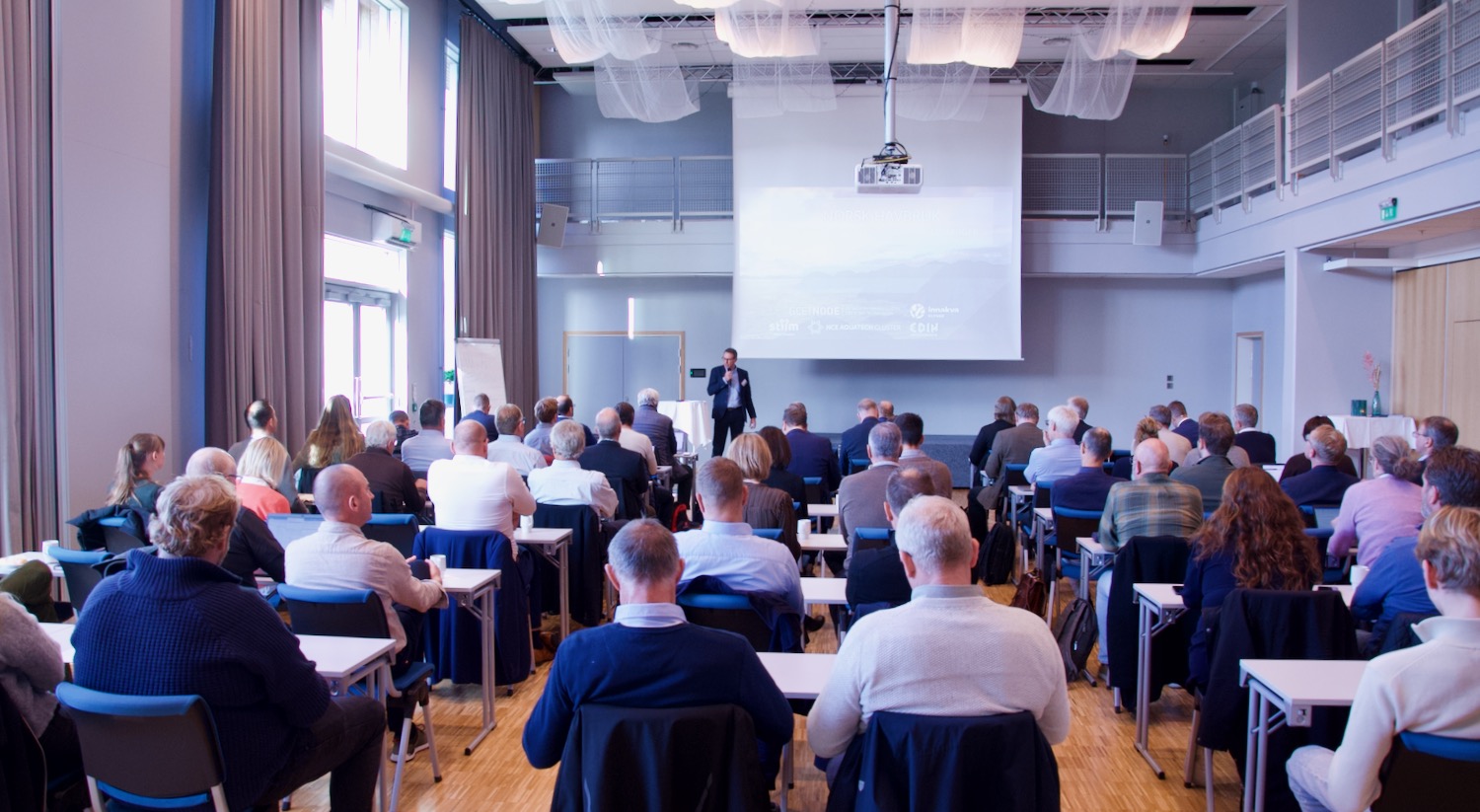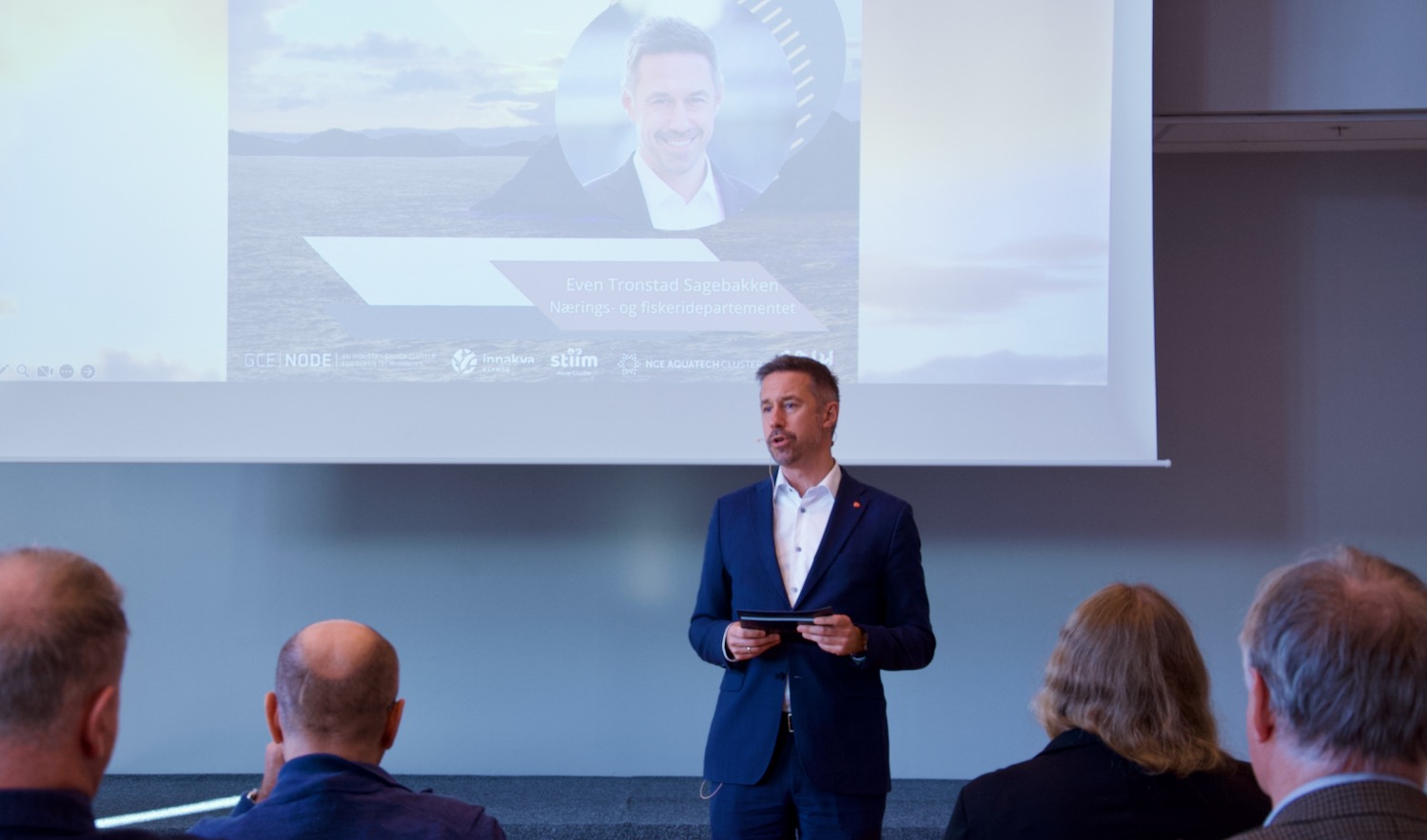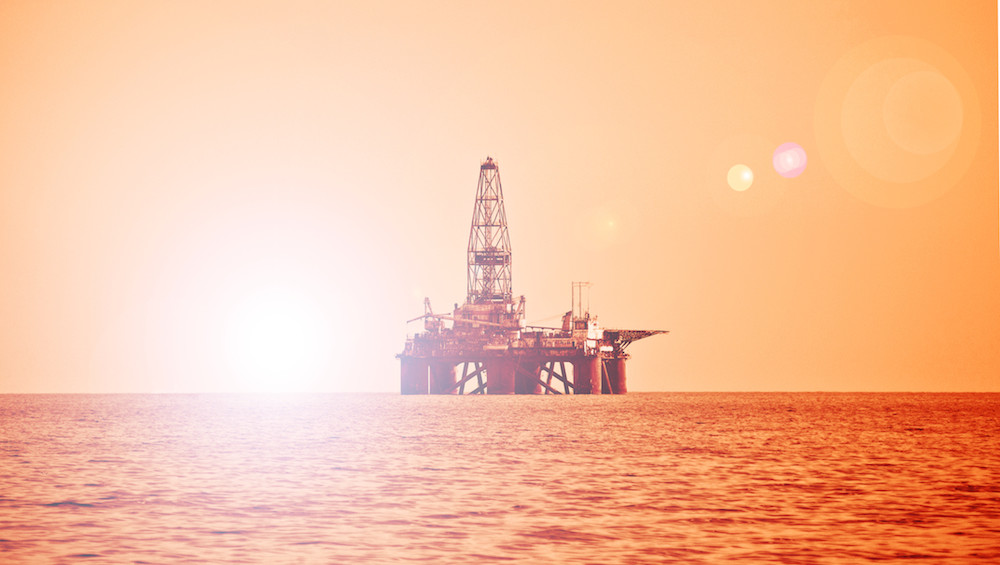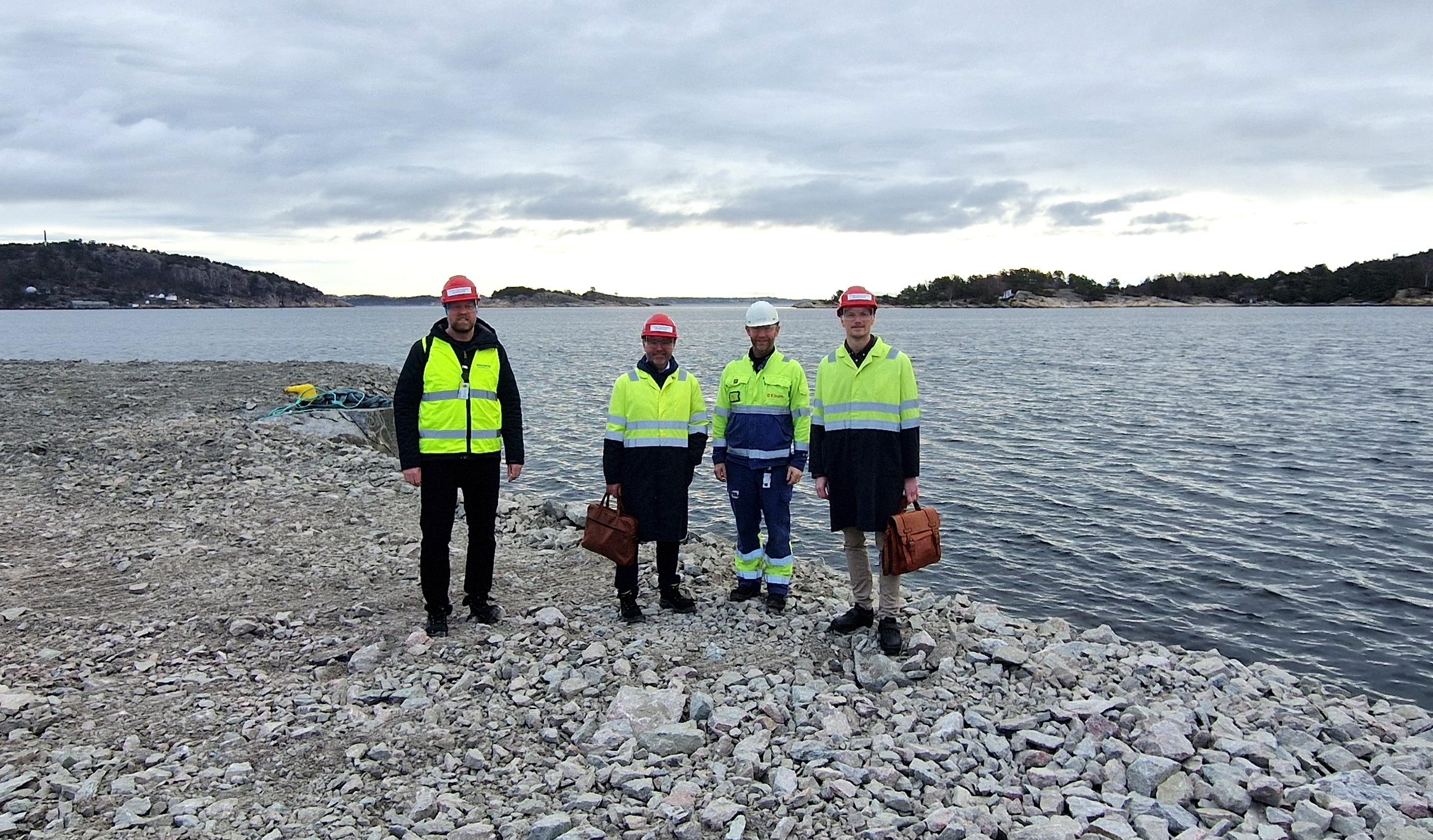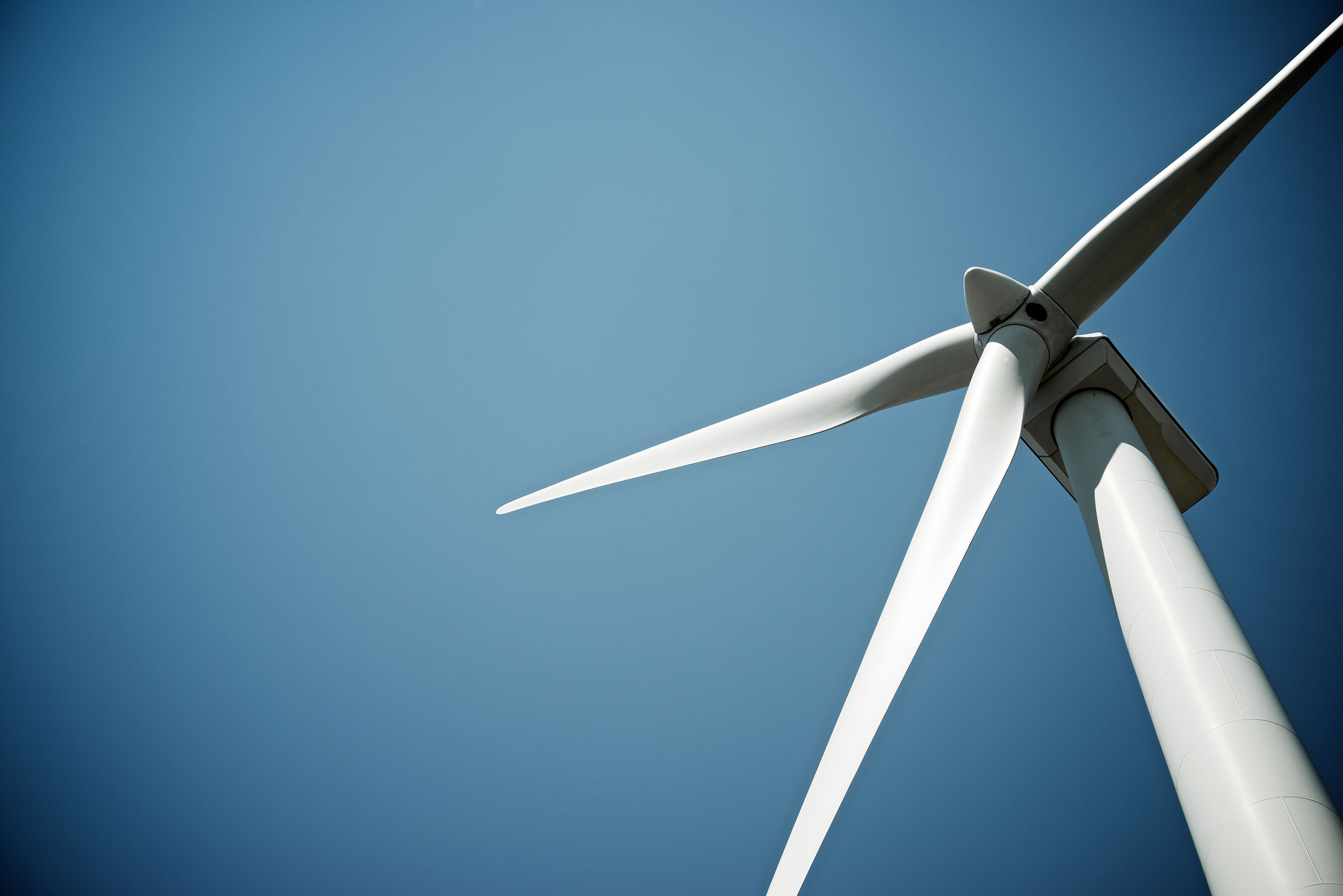Sagebakken, a State Secretary at the Norwegian Ministry of Trade, Industry and Fisheries, and a former Mayor of Lindesnes, opened the annual Agder Aquaculture Conference, which took place in Kvinesdal this week.
“The world needs more food, and proteins from the ocean is essential. The government has great ambitions on behalf of an industry that is very important for many local communities and for Norway as a whole,” said Sagebakken.
Describing Agder as a region with a history of seafood export, Sagebakken documented his claim with records of lobster export from Flekkefjord as early as 1660, in addition to more recent and current regional production of turbot and salmon.
Sagebakken called for the fish farming industry to become more sustainable.
“A new governmental aquaculture report will include incentives for fish producers to reduce their environmental impact and to increase fish welfare. A hearing was recently initiated. I hope to receive input from many of you,” said Sagebakken – addressing more than 70 people in the room.
DIGITAL FISH FARMERS
Implementation of digital technology is expected to answer some of Sagebakken’s requests and wishes. Several speakers talked about how digitalization of the ocean space will provide insights and tools that can greatly improve production and fish welfare.
Still, Lars Ebbesson, Senior Aquaculture Advisor at NORCE and Program Director for Sustainable Ocean Harvesting at EDIH Oceanopolis, admitted that there are many digital challenges to overcome.
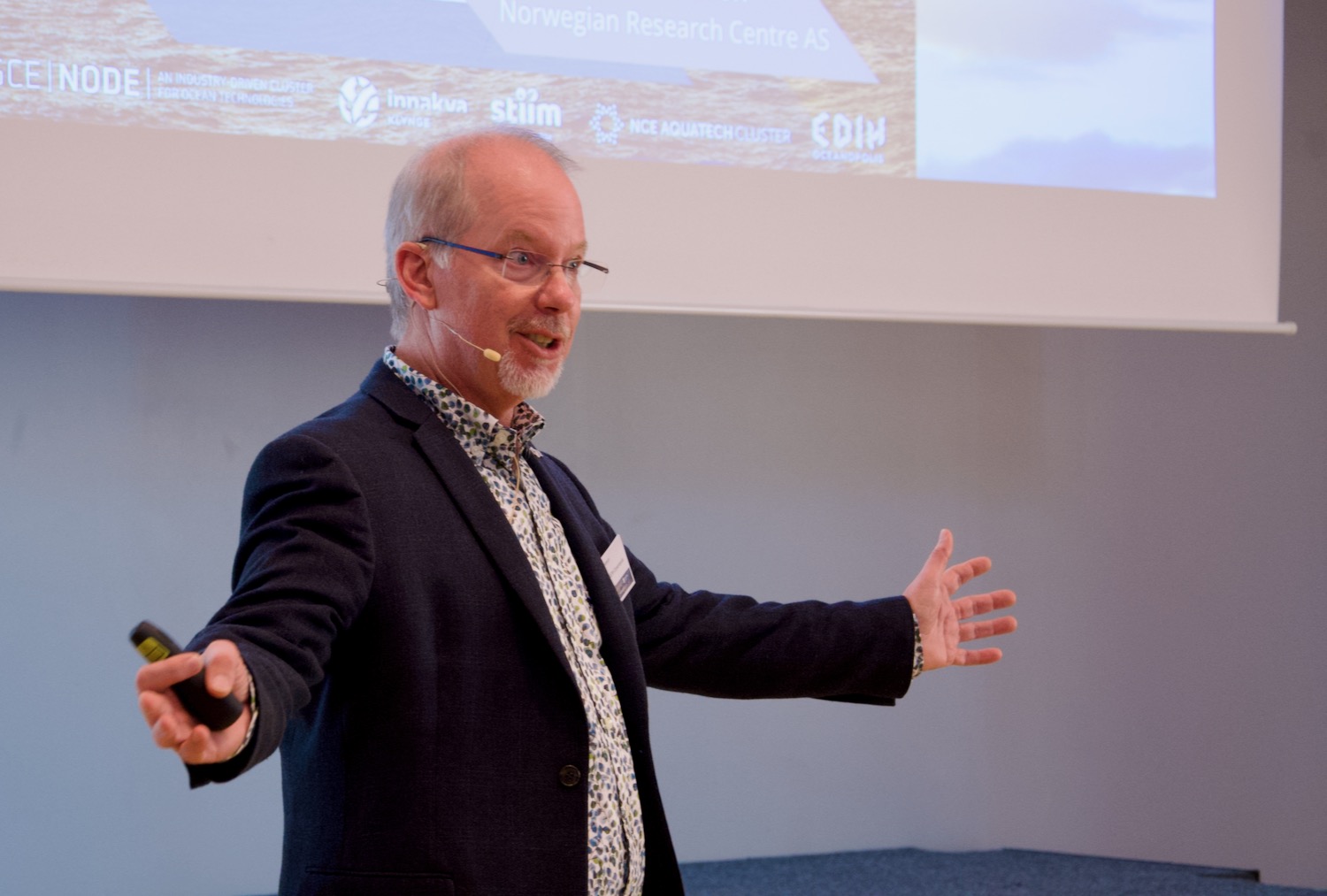
“We struggle with outdated sensor data standards, a fragmented digital infrastructure, inadequate real-time sensing, and lack of understanding of fish biology and the environment. We have insufficient access to data, and insufficient prediction and decision support tools. However, when we hurdle some of these challenges, machine vision and artificial intelligence will improve sector sustainability,” said Ebbesson.
He predicted – among others – improvements in real-time information of the environment and fish behavior, automated biomass measurements, and early warning of diseases and parasites – and their spreading.
“Digital technology will provide infrastructure condition monitoring, energy use optimization, predator warning, and parasite removal. We will be able to trace a product from farm to fork – that is, we will be able to document that a fish had good welfare, which will enable the consumer to make better informed choices,” said Ebbesson.
He painted a picture of a more data-driven industry.
“Data from different systems can improve overall performance if they communicate,” said Ebbesson, calling for more cooperation and data sharing.
